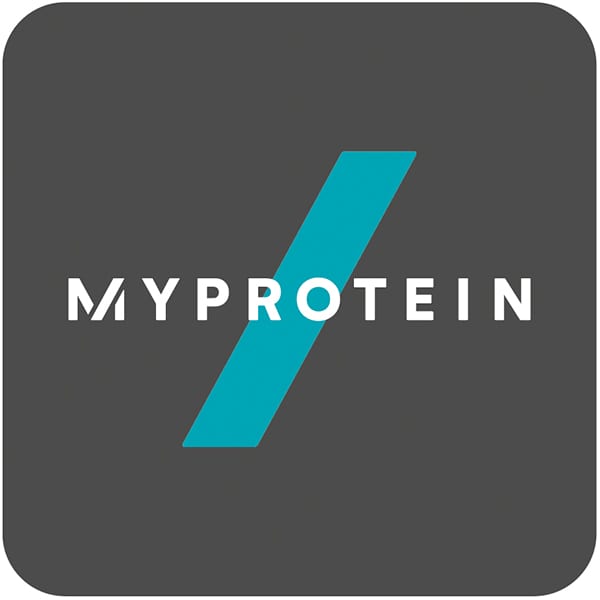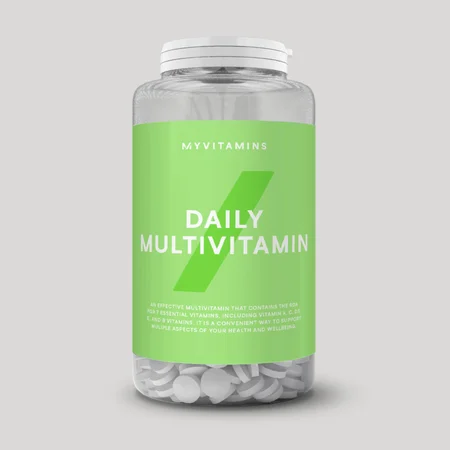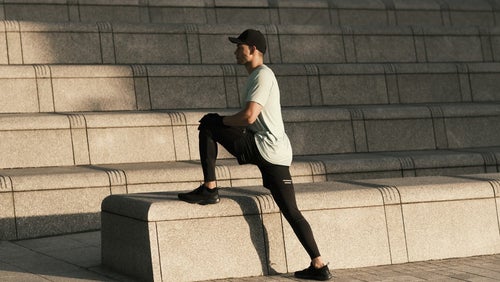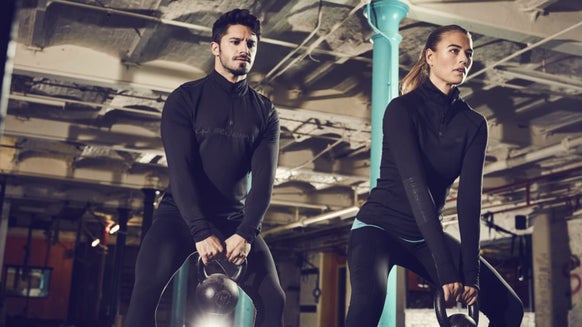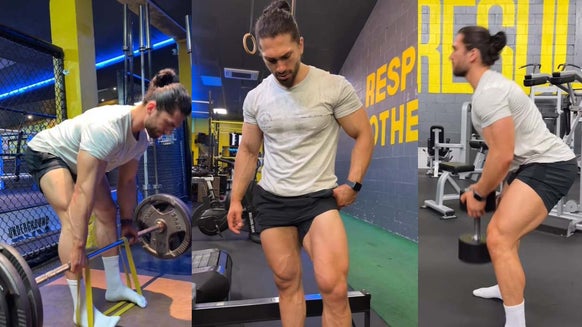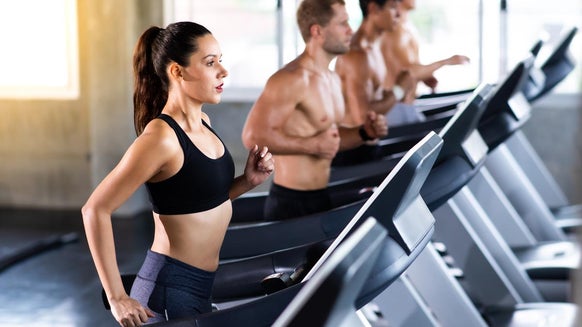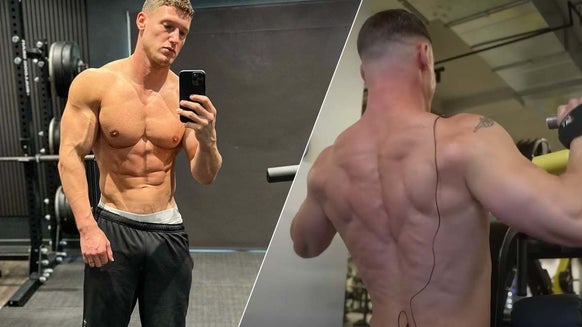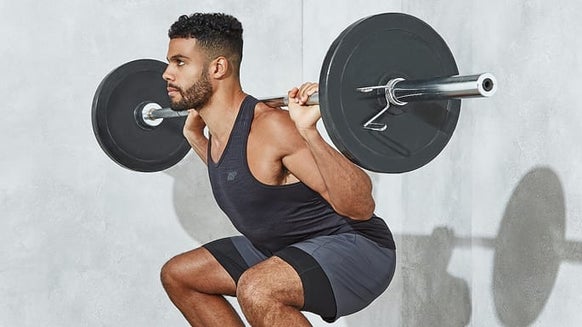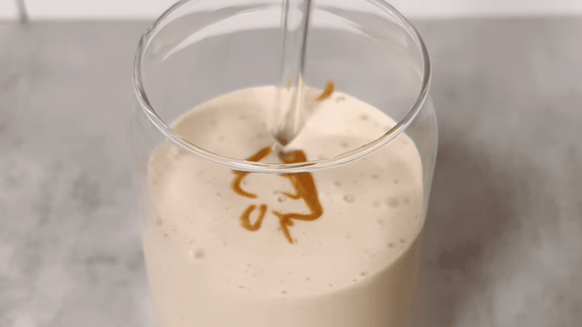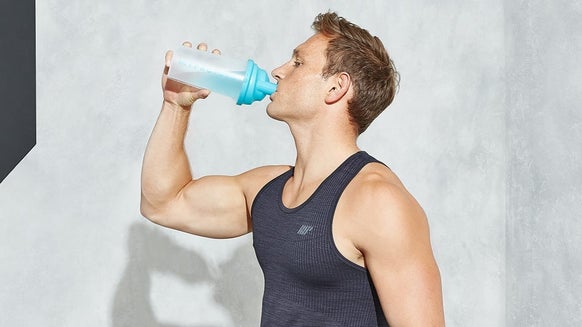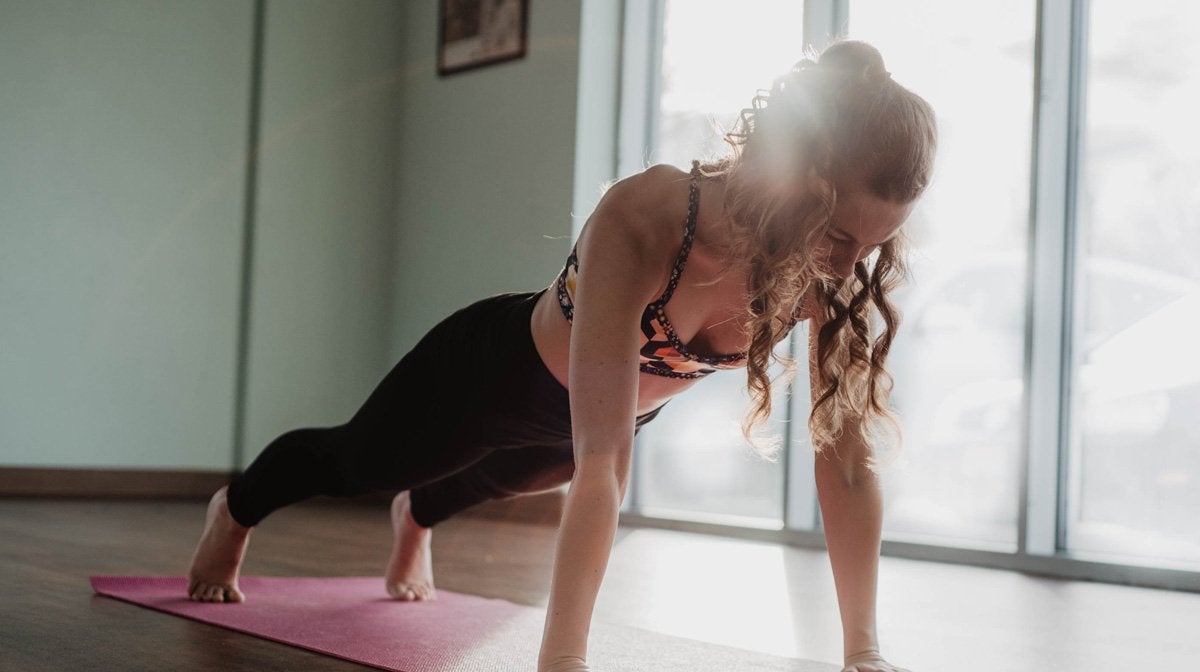
Planking is the perfect exercise for strengthening your core muscles, making you feel the burn all over. But its versatility and benefits are often overlooked, and there’s actually much more to it than you may realize. Here’s everything you need to know about planks.
Why is Core Strength Important?
The core is a group of muscles that hold your pelvis, lumbar spine, and ribs together, enabling movement and stabilizing the spine. A strong core can improve function and health, prevent lower back pain, and keep your middle looking toned and tight.
Keeping your core tight also helps stabilize your body to lift heavier during exercises as varied as squats, pull-ups, and lateral raises.
And the plank is as useful for beginners as it is for advanced gym-goers. There are loads of variations that can make it increasingly difficult, so you can still progress and overload your core.
Everything You Need to Know About Planks
If you're thinking of giving planking a go, make sure you've got something soft to put under your elbows or forearms. This could be anything from a mat, carpet, cushion, or even a coat.
A good starting point is to get on all fours, with your forearms and knees on the ground. Keep your hips up and in line with your shoulders and pull your belly button in towards your spine to create a brace position.
Don't worry if you start to wobble while doing the plank — this is a sign that your muscle fibers are starting to coordinate and will improve with practice.
If you can hold the position for over 30 seconds with ease, step it up a notch and try planks on your forearms and toes. Keep your hips tucked, body aligned, and try squeezing your glutes and quads for extra support.
Key Teaching Points:
Put your weight on your toes and your forearms Your elbows should be directly under your shoulders Your feet should be hip-width apart and legs straight - Tuck in your hips to keep your back flat
- Draw your shoulder blades back to keep your spine aligned
Tuck your chin and look at the floor
If you're finding it tough to keep your hips level, place a small ball on your lower back. If it stays put, you're straight.
When starting out, once a week is fine for this exercise. But for the best results, aim for two-three sessions a week. Start with 20 seconds per set and two sets per workout, gradually increasing the time to a minute. Then, you can try more challenging variations.
Planks are a great coordination exercise for your core, especially when you're working on other muscle groups. You can also add some accessory exercises to focus on different parts of your core.
Here's a sample core workout. Repeat it three times a week for four weeks before mixing things up:
| Exercise | Reps/time | Sets |
| Plank | 30 seconds | 3 |
| Back Extensions | 12 | 2 |
| V crunch | 12 | 2 |
| Russian Twists | 12 each side | 2 |
Types Of Planks
The sniper plank:
Get into the traditional plank position but this time widen your elbows and feet. Your hips will be lower to the floor, making it tougher to keep them up and your back straight. This will give your joints a workout and take your core activation to the next level.
Superman plank:
Start in the traditional plank position, then lift one arm and hold for three seconds. Then, lift one leg, and finally, lift the other arm and leg. To make it even harder, lift one arm and the opposite leg at the same time. Use the ball on your back to check that you’re keeping straight.
Suspension trainer plank:
Lower the suspension trainer to ankle height and place your feet in the stirrups. Place your elbows on the floor and extend onto your hands in an extended plank. To make it even harder, walk your hands forward.
Stability ball plank:
Set up with feet on the floor and elbows on a stability ball. Keep your hips slightly higher for this one, but you can roll out the ball a bit to make it more challenging to stabilize and feel the pressure build.
Take Home Message
It's crucial to keep working on your core muscles to maintain a healthy back and improve your overall strength.
The plank is a top-notch exercise for toning your core. People often overlook it because it doesn't seem very exciting, but there's actually loads more to it than meets the eye.
Want more training advice?
READ THESE NEXT:
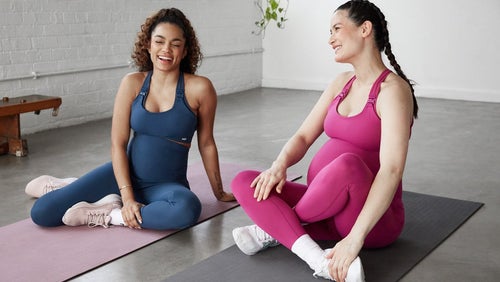
Wall Pilates Guide for Beginners
Low impact exercise with added spice. ...
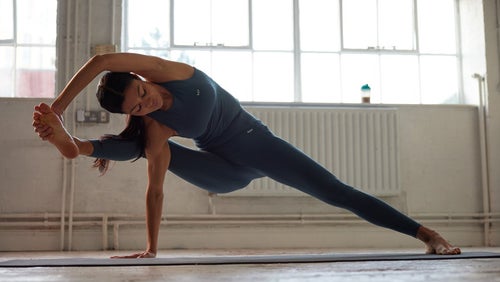
Getting Started With Training At Home | Home Workout Examples
Break a sweat from the comfort of your home with these top-tier home workouts. ...
